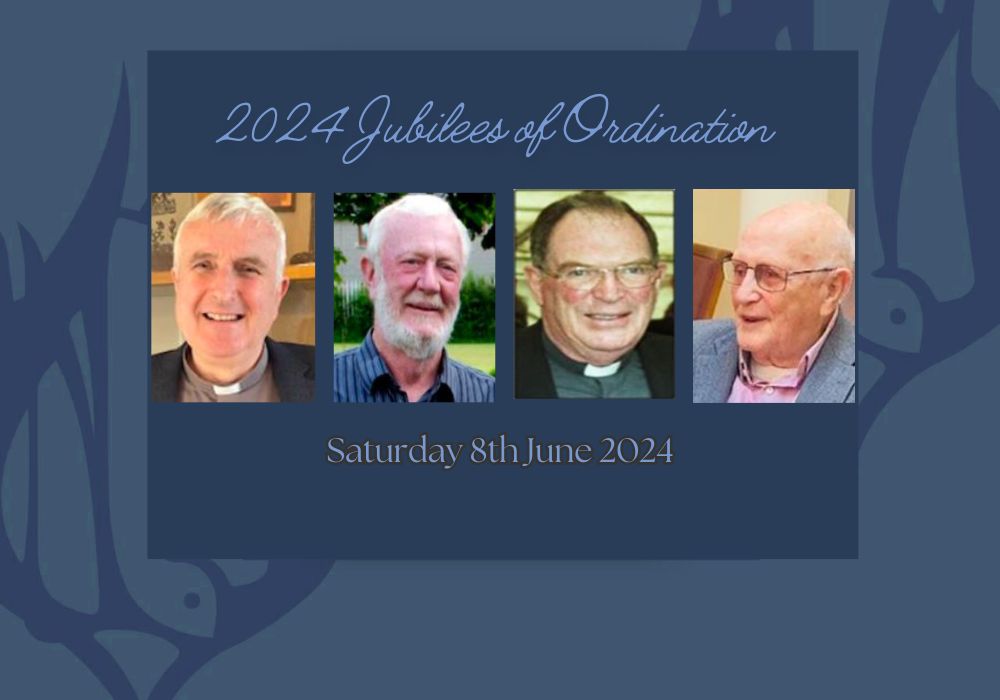I am a teacher in a Spiritan school in Dublin. As we commence a new academic year, it is perhaps natural to use the language of renewal and growth. As I walked through the front doors of school recently, I was reminded of the poem, Starlings in Winter, by the late American poet Mary Oliver, which has the lines,
how they do it with no articulated instruction, no pause, only the silent confirmation that they are this notable thing.
I ask myself how we may invite students, perhaps currently lacking in such articulated instruction, to reflect on their faith.
Today’s 1st Reading refers to the improvisation to the music of the harp, and, like David, ‘they devise their own accompaniment’.
I question how I, as a Catholic educator, may finetune the language of faith to fit with a melody that our students can relate to and accept – the composition of language that works, as it were. As today’s reading asks of us, ‘compete well for faith’.
A further profound question from today’s readings is ‘Who alone has immortality?’ I am reminded of how the Venerable Francis Libermann began to pray to the God of his ancestors. He would recall later how he was filled with light and saw the truth, and how the faith entered his spirit and his heart. As the new school year commences, we pause to give thanks to the rich heritage, to the roots that feed this renewal and growth. All of us charged with the serious mission of spreading the word of God and being mindful of the Spiritans’ founding intention must remain true to this task.
The late German philosopher Hans-Georg Gadamer, best known for his 1960 Wahrheit und Methode book (Truth and Method) states that
an inability to come to a shared understanding is never a final outcome but indicates only one has been unable to bring the process of understanding to a conclusion.
There is an onus on us all to keep searching for a language that resonates with young people, acknowledging that a conclusion may be far off in the horizon like watching a starling’s flight in winter.








